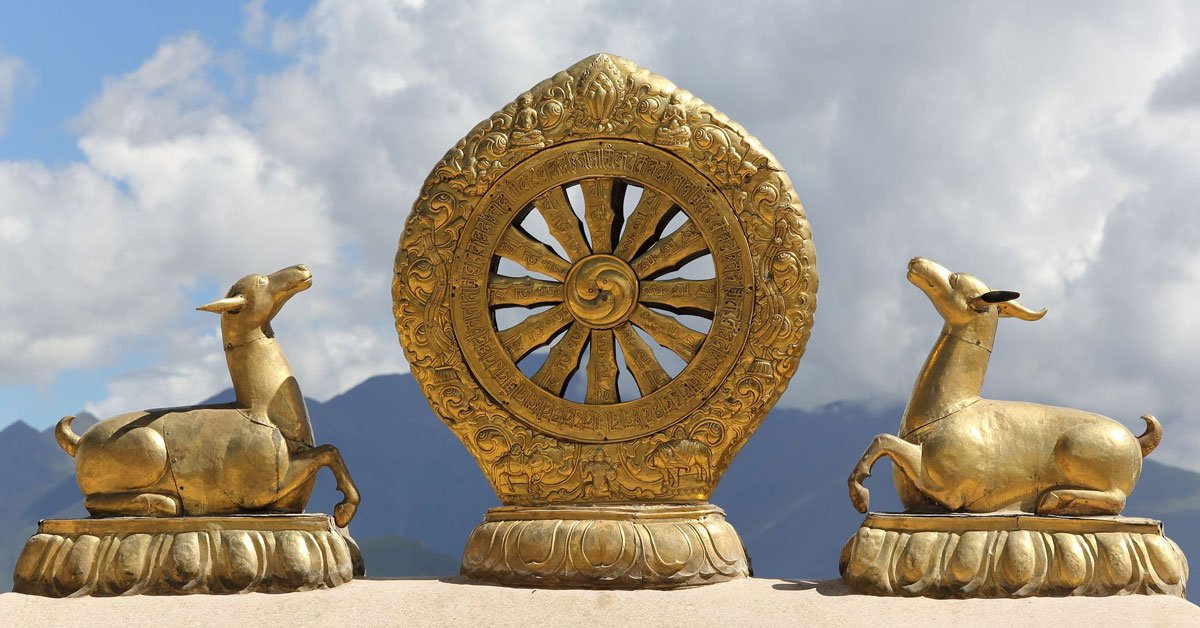“Dharma is more a culture and set of rules and regulations which one should follow as per Hindu holy books and scriptures. According to Hinduism, dharma is a natural and universal set of law whose observance leads to happy and contented life.”
It helps in saving ourselves from various sufferings both mental and physical. Dharma should be the foundation of everyone’s life.
Dharma and Karma:
According to scriptures both Dharma and Karma are interrelated and go hand in hand. Further, know more about dharma in Hinduism.
In order to have good Karma, one should observe and lead life according to dharma. The knowledge of dharma gives us the understanding of what is right and what is wrong, what we should do and what we should not.
Both dharma and karma are related and if we lead our life as per dharma, good karma will follow. Hinduism believes in incarnation and believes that all our comforts and discomforts are decided by our karma of previous life.
How can one be Dharmic?
Anything action which helps other human being and living creatures to reach to God is dharma. All good deeds and humble act of human beings is dharma. Good dharma gives a level of power and strength and ability to take good decisions at every step of life.
The 10 essential rules of dharma are –
1. Patience
2. Forgiveness
3. Self Control
4. Honesty
5. Sanctity
6. Control of senses
7. Reason
8. Knowledge and learning
9. Truthfulness
10. Absence of anger
Purpose of Dharma:
The main purpose of dharma is not only to attain a supreme reality but also to have both worldly comforts and extreme happiness.
Rishi Kanda has defined dharma in Vaisesika as “that confers worldly joys and leads to supreme happiness”. Hinduism is the religion that suggests methods for the attainment of the highest ideal and eternal bliss here and now on earth and not somewhere in heaven.
We all should practice dharma in order to have peaceful and balanced life.

